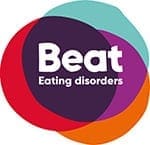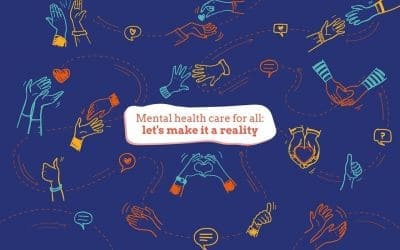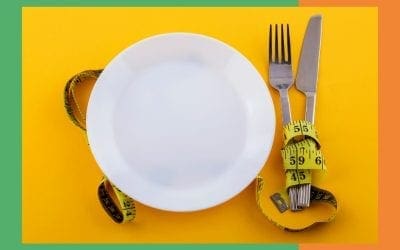Services
Eating Disorders
If you live in Gloucestershire and think you may have an eating disorder, or already have a diagnosis, we can help.
What are eating disorders?
An eating disorder means you engage in a variety of behaviours with the aim of controlling your weight, shape or eating. You will attempt to follow a strict diet, but whether you succeed will determine the amount of weight you lose. You may also exercise excessively, binge eat, vomit or misuse laxatives.
You will judge yourself almost exclusively in terms of your shape, weight and control over eating, becoming obsessed with trying to become slimmer, but constantly feeling fat.
Anorexia Nervosa, Bulimia Nervosa and Atypical Eating Disorders affect anyone. Men, children, older women and up to 6% of young women can have an eating disorder. If you have an eating disorder you become over concerned with body shape and weight, but have underlying problems of very low self esteem and difficulties relating with people. You rarely see yourself as ill and try to avoid discovery of your secret behaviour. Weight loss is seen as the only way to feel better and ‘in control’ of life, so people with an eating disorder generally don’t seek help.
Eating disorders cause physical, psychological and social suffering and can also have a damaging effect on the lives of carers, who are often the first to identify the problem. Eating disorders usually last several years and don’t tend to go away without help.
What are the effects of an eating disorder?
The physical consequences can affect almost every part of the body and are potentially fatal if there is severe weight loss, vomiting or laxative abuse. The psychological consequences often include depression, anxiety, obsessional behaviour, drug abuse or self harm. Social effects can include erratic behaviour, social withdrawal, debt, shoplifting and damage to relationships – including feeding and growth problems in the children of mothers with an eating disorder.
Getting help
If you feel you may have an eating disorder, it is important to seek help as soon as possible. Visit your GP as a first step to getting the help you need.
Treatment options
How we may help, and some of the treatments on offer.
Treatment for eating disorders is available, although recovering from an eating disorder can take a long time. It is important that you want to get better and support from family and friends is invaluable.
Treatment usually involves monitoring your physical health while helping you to deal with the underlying psychological causes of your eating disorder.
Our teams and services
Where to find us, and which services can help you.
Information for professionals
Notes on services, contacts and treatments for healthcare professionals.
Referral information for GPs and Healthcare Practitioners
News
News stories linked to eating disorders and related conditions.
World Mental Health Day – 10 October
World Mental Health Day is led annually by the World Health Organisation, and is aimed at raising awareness of mental health issues.
Team of the Week: Eating Disorder Service
Our Team of The Week this week is our Eating Disorder Service, operating from the Brownhill Centre, Cheltenham.




